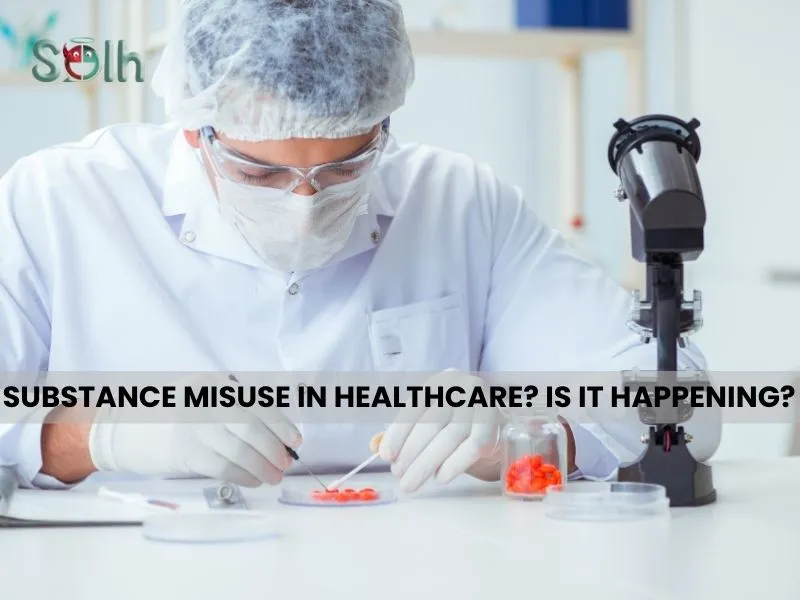Overdose-related fatalities and other adverse consequences are impacting our loved ones, communities, and acquaintances, making overcoming addiction stigma more important than ever. Addiction is not a matter of choice; it is a medical condition that can be effectively treated. However, numerous individuals grappling with addiction encounter societal prejudice.
Stigma encompasses unfavorable opinions, attitudes, or actions directed at a particular group due to their life circumstances. Overcoming addiction stigma requires challenging these attitudes. This encompasses discrimination, bias, judgment, and preconceived notions, which can lead to the social isolation of individuals who are substance users.
Individuals who engage in drug use, particularly those contending with addiction, encounter discrimination and obstacles when seeking assistance.
Stigma can:
- Deter individuals from seeking help due to their fear of facing criticism or legal repercussions at work, from loved ones, or even the authorities.
- Lead individuals to conceal their drug usage or use drugs in isolation.
- Impede individuals' capacity to secure housing and employment, thereby impacting their overall health and well-being.
- Result in individuals who use drugs receiving subpar care within the healthcare system when they seek medical services.
Addiction Is Not a Choice
There's a prevalent misconception that individuals can simply quit using drugs when they decide to. Addiction is a multifaceted issue. People develop addictions for a variety of reasons, Overcoming addiction stigma requires challenging these attitudes including:
- Life events, particularly traumatic experiences and persistent stress.
- External factors in their surroundings.
- Their mental well-being, encompasses emotions, thoughts, feelings, and mental health conditions.
- Genetic and biological predispositions.
Some individuals may experiment with drugs once or use them on an occasional basis. Others may use drugs more frequently, sometimes as a way to cope with trauma or pain. Regardless of the circumstances, no one consciously chooses to become addicted. Addiction, along with physical dependence, can make it exceedingly difficult to cease drug use, even when it's causing harm to oneself or others. Recovery is attainable, but its path varies for each individual.
Changing How You Talk About Drug Use
The words you choose wield significant influence on those in your vicinity. By modifying your language when discussing drug use, you can help diminish the associated stigma. Employing compassionate terminology can facilitate open conversations, foster understanding, and encourage individuals to seek assistance.
You can:
- Embrace person-first language, such as saying 'person who uses drugs' instead of 'drug user.'
- Utilize neutral, medically precise terminology when describing drug use.
- Refrain from employing slang terms like "addict" or "junkie."
- Employ language that conveys care and empathy, rather than passing judgment.
- Speak out when you witness someone being treated or spoken to disrespectfully.
- Use language that acknowledges and supports the idea that recovery from addiction is attainable and manifests uniquely for each individual.
Help end stigma
Follow these crucial actions to actively diminish stigma:
- Refrain from categorizing individuals solely based on their drug use.
- Interact with those who use drugs with respect, empathy, and kindness.
- Educate your friends and family by sharing factual information and confronting preconceived notions.
- Acknowledge that addiction is a medically treatable condition, not a matter of choice, and warrants care just like any other medical ailment.
- Stay mindful of your attitudes and behaviors, as they can be influenced by stereotypes, negative narratives, and portrayals of individuals who use drugs.
You can also read: Addiction and Types
Conclusion
To address addiction and its related stigma, we must all work together to create understanding, empathy, and compassion for overcoming addiction stigma. Addiction is a complicated medical illness that cannot be avoided, and it affects people from all areas of life. We can make a more inclusive and helpful atmosphere for persons struggling with addiction by adjusting our language, encouraging knowledge, and challenging misconceptions. It's critical to remember that rehabilitation is attainable and that everyone's path to recovery is unique. We can help erase the stigma around addiction by taking these steps and ensuring that people receive the treatment and assistance they deserve.
At Solh, we recognize the significance of mental health, which is why we've curated a range of powerful self-help tools designed to enhance your mental well-being. Our offerings include journaling, goal setting, self-assessment tests, mood analysis, and an extensive library of enriching content for you to explore and learn from. Take charge of your journey towards personal growth and improved mental health with our comprehensive self-help resources.



